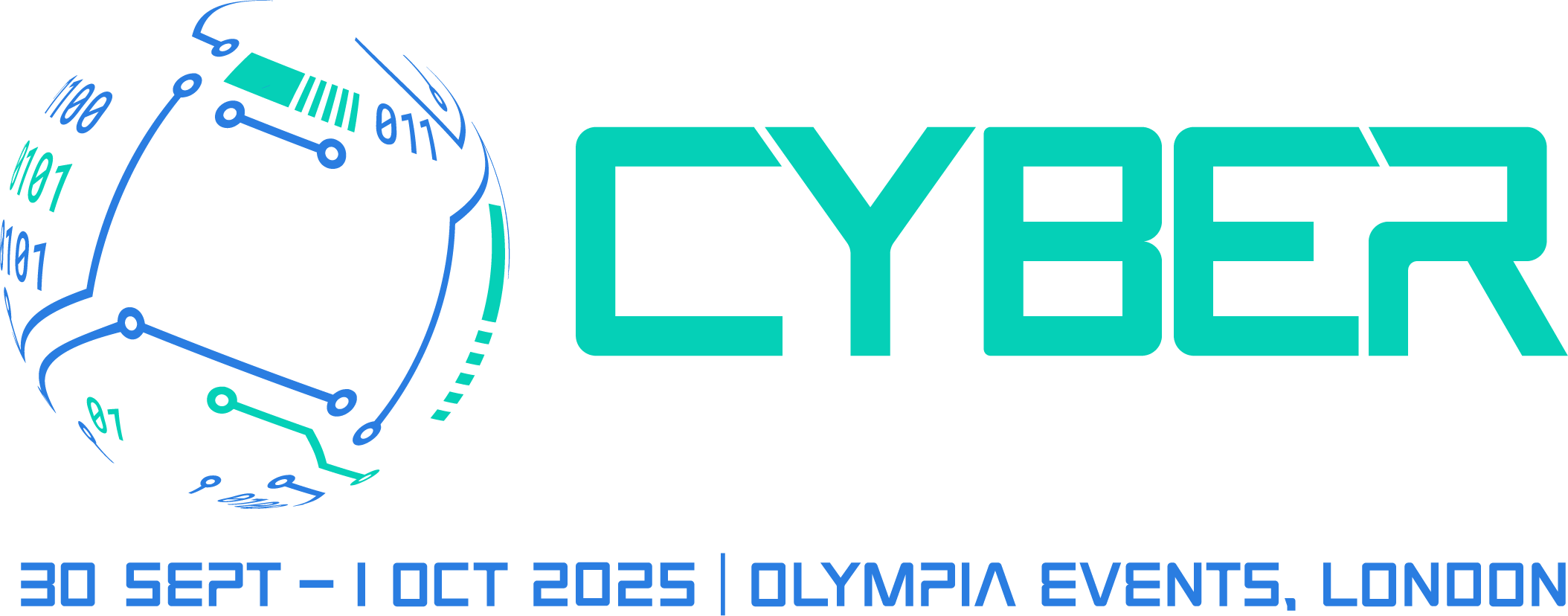Heightened Risk of Insider Threats during the Cost-of-Living Crisis, according to CyberSmart Research
.jpg/fit-in/700x9999/filters:no_upscale())
The ongoing cost-of-living crisis is weighing heavily on the minds of people across the UK. With skyrocketing energy bills, fuel prices reaching a record high and steep inflation rates, this is a worrying time for both individuals and businesses alike. The current economic uncertainty, however, has been particularly difficult for small and medium sized businesses (SMEs). They are less able to take advantage of economies of scale nor meet the salary demands of their employees; giving rise to yet another unforeseen challenge: insider threats.
According to a survey of 1,000 SME senior leaders and decision-makers across the country, commissioned by CyberSmart, nearly half of respondents believe they are at greater risk of a cyberattack since the cost-of-living crisis. Statistics show that 38% believe this is due to increased malicious insider threats, and 35% believe it is due to negligent insider threats.
Let’s dig deeper into why this is.
The Cost of Economic Uncertainty on SME Cybersecurity
Tightening budgets have resulted in reduced salaries as 1 in 3 employers admit that salaries have remained the same; thus, a drop in real value when taking into account inflation. A further 11% experienced a notably severe drop, with cuts to their salaries. Moreover, the ongoing economic turmoil has created a spike in redundancies as 16% of SME leaders admitted to having laid off employees for budgetary reasons, whilst nearly a quarter have hit the pause button on all recruitment activities.
Consequently, this has taken a toll on the mental health and wellbeing of employees. In fact, 1 in 4 employers are finding that their staff are overwhelmed or concerned about meeting financial commitments, and 18% noticed that their employees have been feeling overworked.
The repercussions could go both ways…
On the one hand, this could foster bitterness within the team. Indeed, 14% of SME employers believe their staff are more disgruntled, and 11% have noticed an increased rift between senior leadership and employees. This resentment could trigger some employees to intentionally go against the company’s best interest. Alarmingly, 1 in 5 respondents believe their people will resort to stealing corporate data to sell for profit or for a competitive advantage, and 17% believe employees will seek to harm company reputation due to resentment over salary reductions and redundancies.
On the other hand, the stress and burn-out might have a knock-on effect on people’s ability to make sound judgments. They may not mean to, but whether juggling multiple jobs, taking on the additional workload of those made redundant or worrying about paying next month’s rent, the distractions this creates might lead individuals into making mistakes, such as clicking on a phishing link. Twenty-two percent of SME senior leaders certainly think so.
Therefore, it has never been more important to conduct regular security awareness training and to implement security best practices such as operating on the principle of least privilege, enabling multi factor authentication on accounts, and installing antivirus software.
Make sure to stop by Stand Q41 to learn more about how you can protect your business without breaking the bank.


